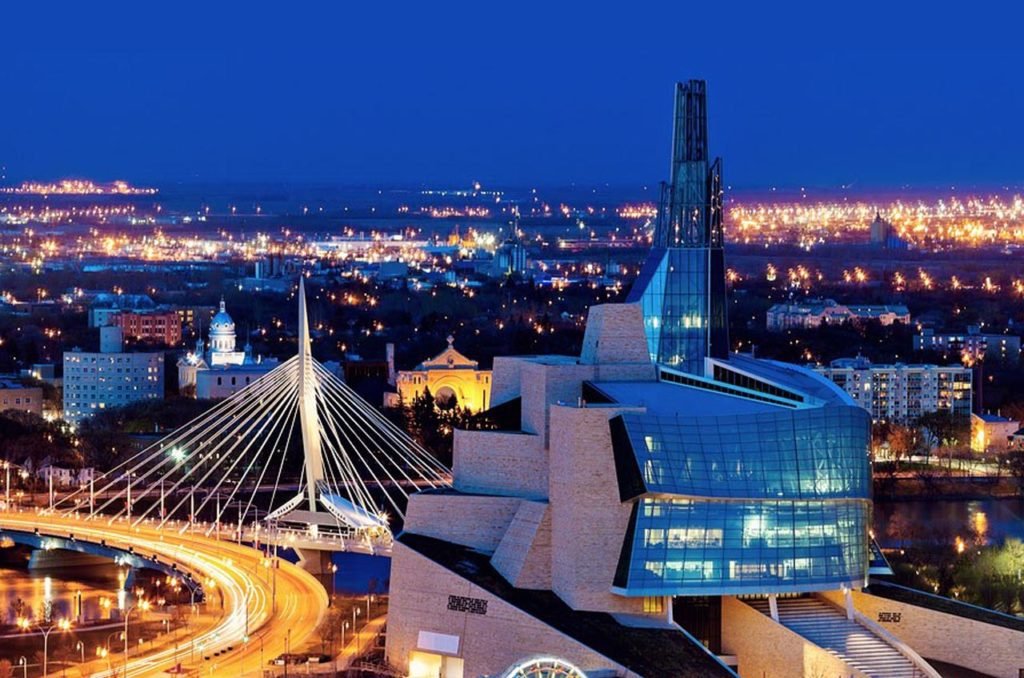The Trudeau government is resisting a United Nations request to extend Canada’s peacekeeping mission in mali so medical evacuations can continue while replacements such as Canada’s personnel arrive, based on numerous sources.
Canada has eight aquariums and 250 army members at the sprawling West African country to rescue injured peacekeepers and UN workers and also to transport troops and gear.
The year-long mission is scheduled to finish in July, at which point the Canadians will package up and start heading home. While a formal announcement has not yet been made, sources tell The Canadian Press which Romania is expected to take more than Canada. Defence Minister Harjit Sajjan seen Romania last weekend.
But the Romanians are not expected to arrive until October or even November, months after the Canadians have left, which would produce a months-long gap in lifesaving evacuations the UN might have to fill.
The UN contracted civilian Helicopters in Mali for a month this past summer to provide emergency medical evacuations between the time that the German-Belgian helicopter detachment abandoned and Canadians arrived, however, the gap this time will be longer.
UN officials Also Have said, civilian helicopters can not supply the same level of health support as military aircraft, and that they are more restricted in where and when they can fly. No extensionsHowever while the UN has quietly requested Canada about extending its mission, the sources said that the Liberal government has firmly resisted.
Sajjan’s spokeswoman Byrne furlong wouldn’t comment on any discussions Canada has had with the UN, but she did seem to shut the door on any extension by noting that Canada’s commitment to the peacekeeping mission in Mali was for one year.
“The mission will be complete at the end of July 2019,” Furlong said in an email, including: “As we worked together with German forces when we took over with our air task force, we’ll work together with the contributing nation that replaces us”
Canadian peacekeepers have so far conducted four emergency evacuations in Mali. The latest was in November.
1, the following two civilians, were injured when they were attacked with an improvised explosive device while driving.
Canadians also have delivered 77 tonnes of cargo and transported more than 1,000 UN employees since the beginning
of August.
Essential to the mission in Mali given the threat of IEDs and ambushes set by jihadist extremists and other armed factions in the country, many of which can be targeted at peacekeepers. The most dangerous mission remains the most dangerous UN operation in the world, with 22 peacekeepers killed this year and 177 because it began in 2013.
The assignment followed a rebellion in the north and a coup in the capital in 2012 that drove the nation into turmoil. Even though a tenuous peace was re-established, recent years have seen a resurgence in violence among different groups thanks to poverty, drought and an influx of Islamic jihadists.
About 15,500 individuals are part of The UN mission today. Canada experimenting with a new approach to overseas aid: Giving cash directly to bad people peacekeeping plane plan deadlocked Canadian helicopters in Mali Conduct 1st full-scale UN assignments while the UN hasn’t publicly asked for Canada to remain in Mali beyond July, NDP defence critic Randall Garrison said members of this House of Commons defense committee chose upon the petition in a visit to New York last month.
The Liberals have talked about “In terms of this humanitarian catastrophe, in terms of arms trafficking, recruitment of extremists,
drug trafficking, human trafficking — like the whole avalanche of things that will be exceedingly negative if this assignment fails,” Garrison said.
Photo credit: Daily Hive


